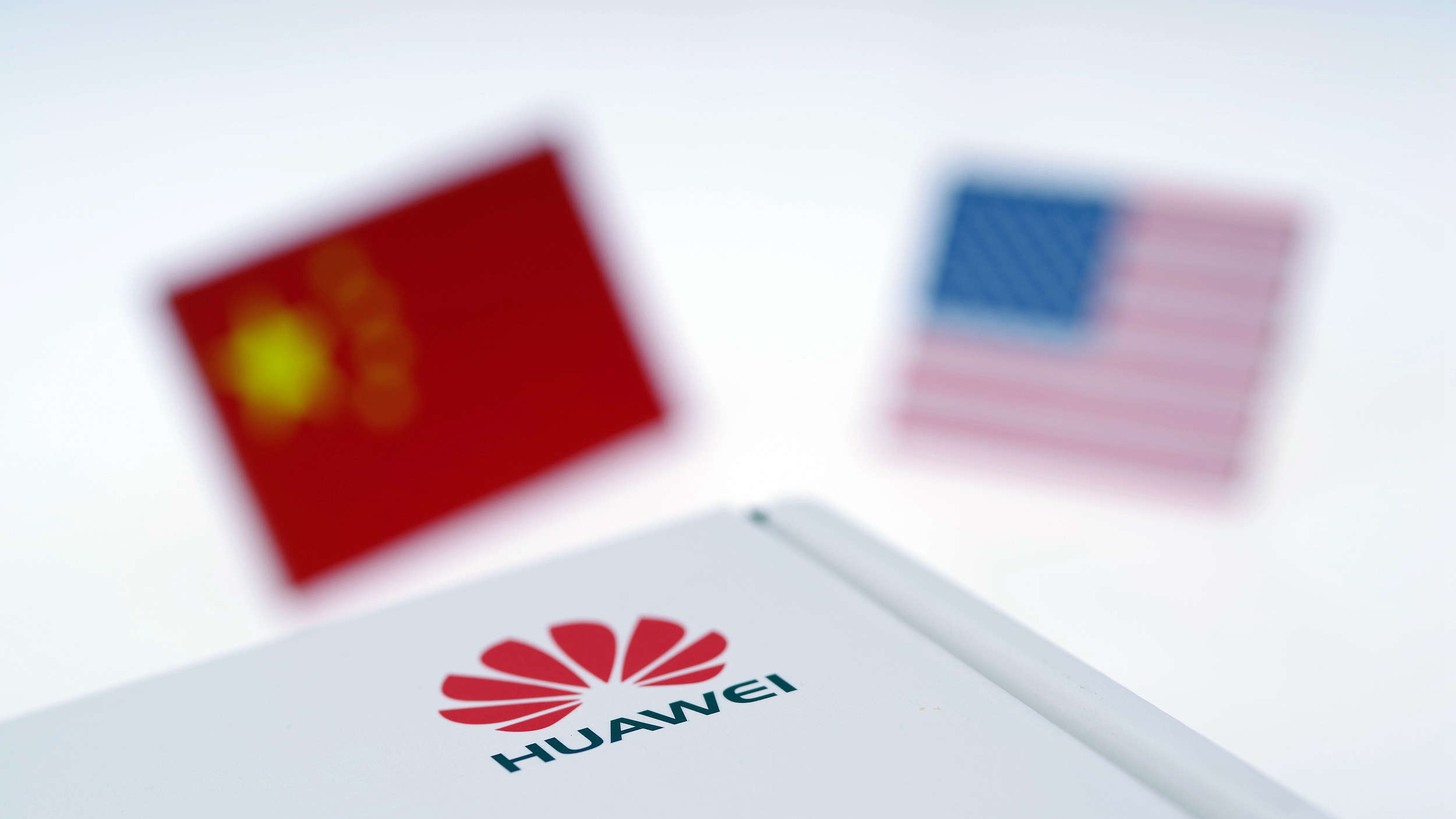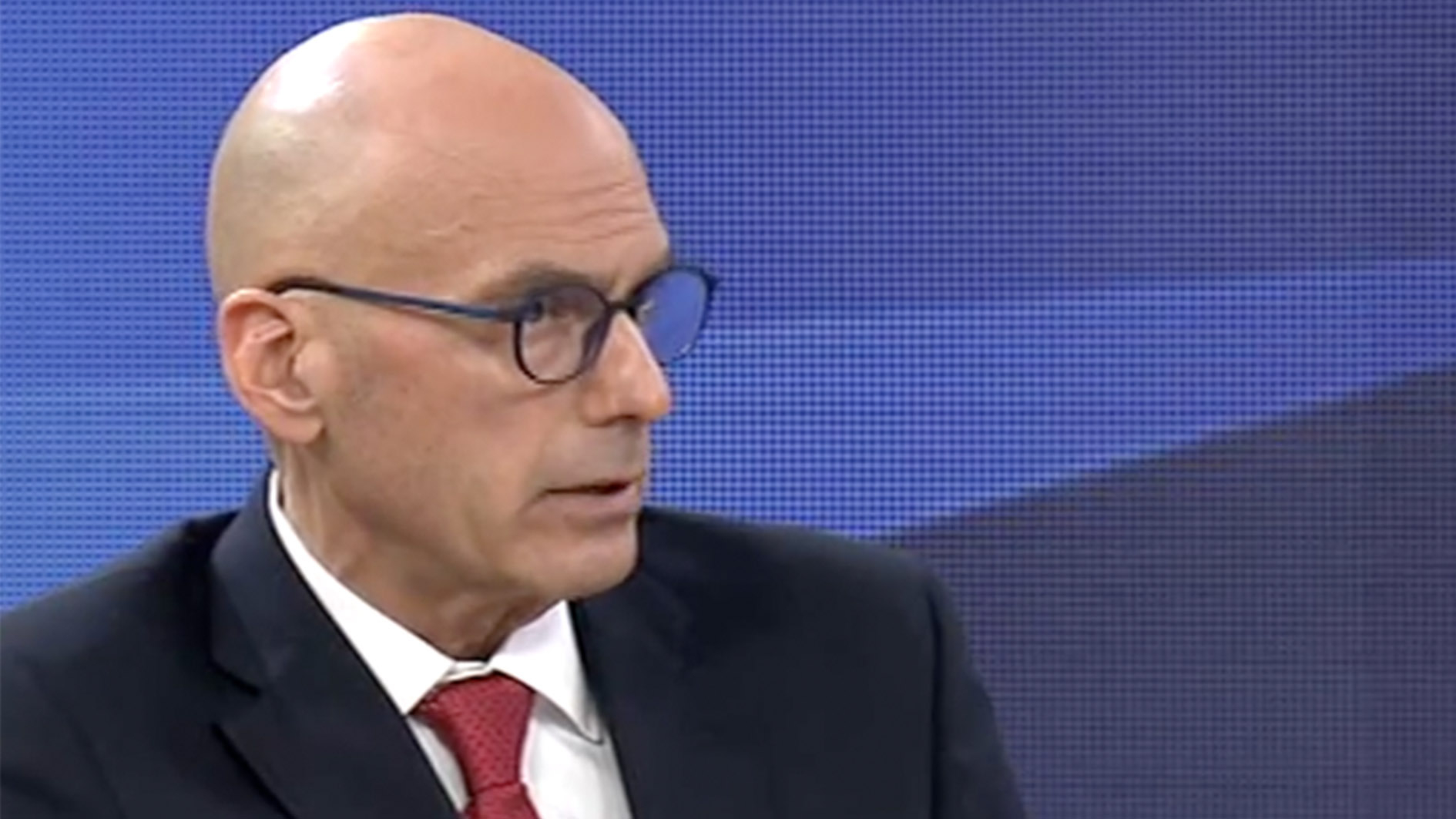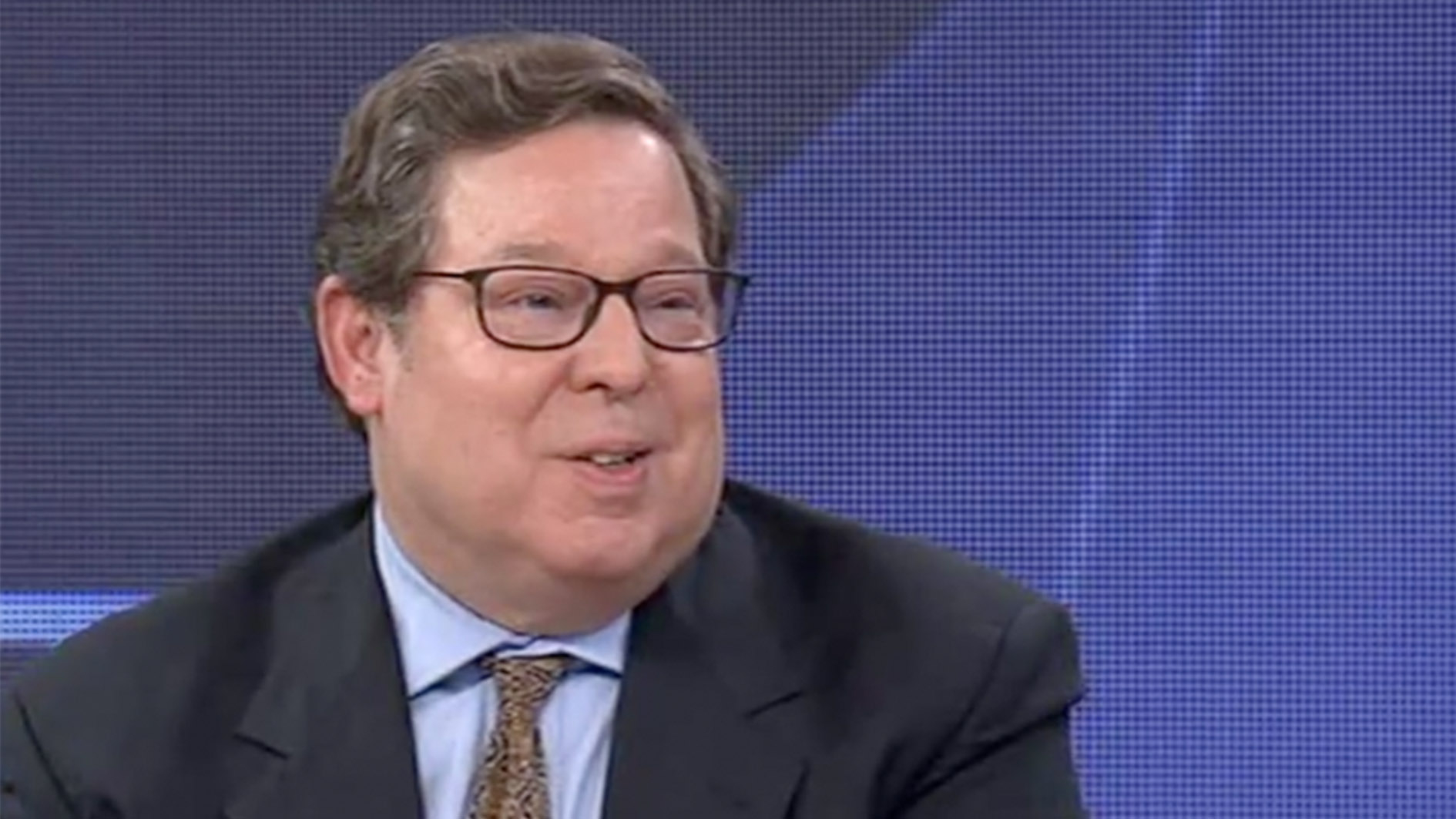
Opinions
23:11, 11-Dec-2018
Opinion: Huawei CFO's arrest has 'larger implications'
Updated
22:36, 14-Dec-2018
CGTN’s The Point

The extradition of Huawei CFO Meng Wanzhou to the U.S. has “larger implications”, said Edward Lehman from the Chinese Academy of Social Sciences. “This does not seem to be an evenhanded situation, at least from a legal perspective.”
Meng, also the daughter of the Chinese telecom giant Huawei's founder, was arrested during transit in Vancouver on December 1, the same day that Chinese President Xi Jinping and U.S. President Donald Trump met at the G20 in Buenos Aires to restore trade and security talks.
Lehman believed “it's not an accident” at such a particular time, noting that justice is sometimes “unevenly distributed” among those the U.S. side decides to target.
If extradited, Meng is expected to face charges for Huawei's alleged violation of the U.S.'s unilateral sanctions on Iran. ZTE, another Chinese telecom giant, was also targeted and blacklisted in a similar case earlier this year.
Some observers worry Meng's detention is likely to derail the trade truce reached at the G20, as Beijing has lodged a protest against the detention by summoning both the American and Canadian ambassadors to China. Meanwhile, some Trump officials view Meng as leverage in trade talks – speculation that the White House Economic Advisor Larry Kudlow dismissed, saying Trump was not aware that the arrest was coming.
01:29

“We're guessing, did Trump know and does the Chinese government have any particular sway with Huawei?” said Rick Dunham, co-director of Global Business Journalism at Tsinghua University. “Everything is opaque.”
Huawei, founded in 1987 by Meng's father, Ren Zhengfei, is China's largest private company. The U.S.'s House Intelligence Committee issued a report on Huawei and ZTE in 2012, claiming that the companies spy on U.S. companies and agencies using their equipment.
Huawei denied any wrongdoing, as Beijing believed Washington's moves are politically motivated in the wake of Huawei and ZTE's leading efforts in China's 5G innovations.
Huawei is “somehow competitive,” for instance, with the U.S.-based Qualcomm in terms of 5G global market share, Thomas Luo, co-founder and CEO of Pingwest, suggested, echoing some remarks by Huawei's top executive who said the existing gap between Huawei and U.S. companies requires “steadfast learning”.
01:05

However, rumors over “protectionism and security” have been swirling. Japan decided on Monday to effectively exclude Huawei and ZTE from public procurement, following Australia and New Zealand's ban on Huawei equipment in 5G networks.
With the Trump administration stepping back from multilateralism, Dunham said, China and the U.S. are developing in “parallel economic universes” where China promotes technological innovations and the Belt and Road Initiative, which are separate from the U.S.'s influenced world.
“The question is, will we keep going and will we diverge more?” Dunham added.
(If you want to contribute and have specific expertise, please contact us at opinions@cgtn.com.)

SITEMAP
Copyright © 2018 CGTN. Beijing ICP prepared NO.16065310-3
Copyright © 2018 CGTN. Beijing ICP prepared NO.16065310-3